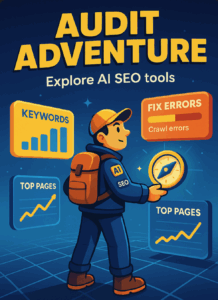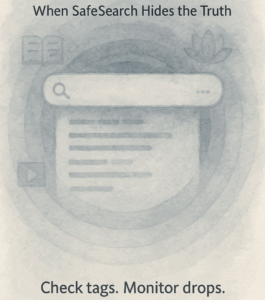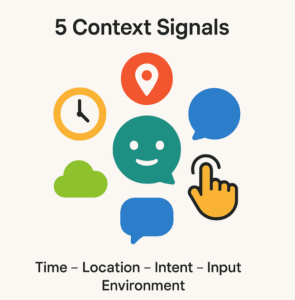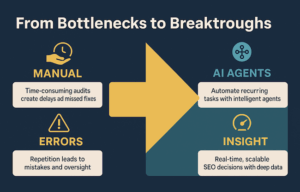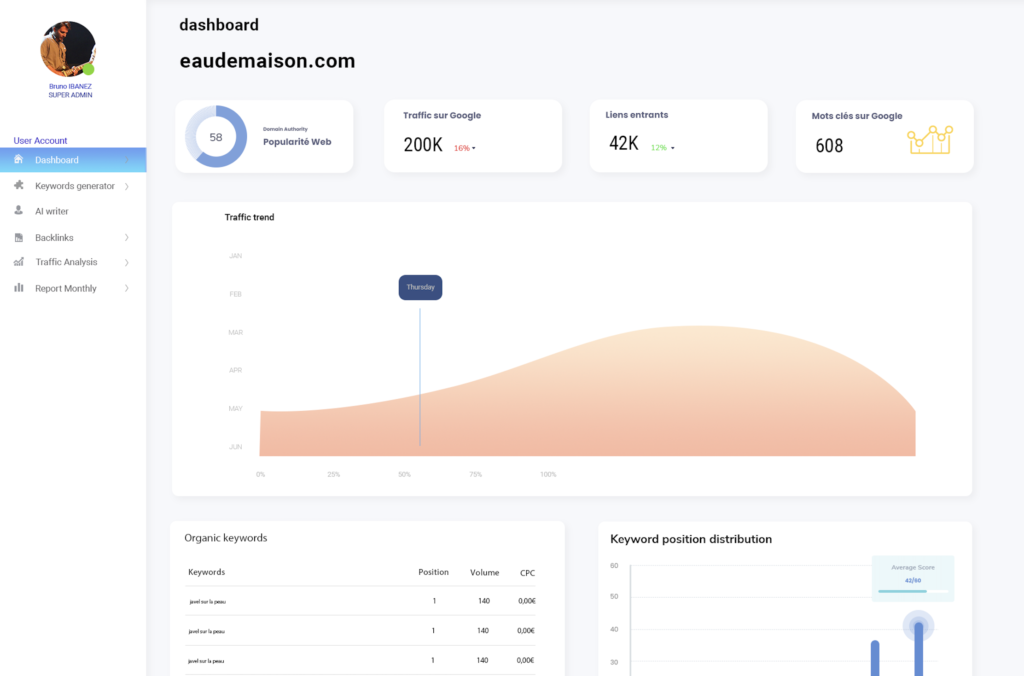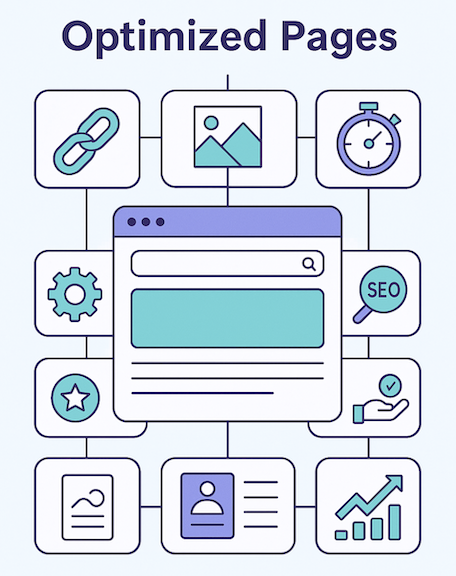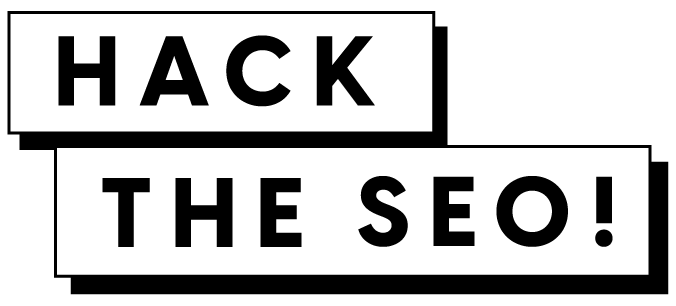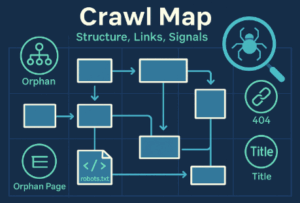
HomeBlog AI SEOSEOSEO tipsSEO copywritingHow to optimize the SEO of your multilingual site?
How to optimize the SEO of your multilingual site?
How to optimize the SEO of your multilingual site?

Search Engine Optimization, or SEO, is a critical aspect of online marketing. However, when it comes to optimizing a multilingual site for SEO, the task can become even more tricky. Fortunately, by working with a proficient SEO agency, you can navigate through these complexities and improve your online visibility in different languages.
Table of Contents
ToggleUnderstanding the Basics of Multilingual SEO
Multilingual SEO is the art of optimizing your website for different language and country groups. The goal is to make your site accessible and understandable to a global audience, taking into account the cultural and linguistic specifics of each target group.
Importance of Multilingual SEO
We live in an era marked by increasing globalization. In this context, the role of multilingual SEO has taken on significantly greater importance. It’s an essential element to broaden your audience globally. Additionally, it can help you target specific markets. Strategically targeting can increase your business’s reach. Moreover, it can improve your conversion rate. In other words, effective multilingual SEO can allow you to reach more people. Furthermore, it can help you reach the people most likely to be interested in your products or services.
How Does Multilingual SEO Work?
Multilingual SEO works by optimizing your site for different language groups. This means several things. Firstly, you need to translate and localize your content. This is not just about word-for-word translation. It’s about ensuring the content is culturally appropriate for each language group. Next, you need to optimize your site for specific keywords in different languages. The keywords that work well in one language may not necessarily work in another. Finally, you need to ensure that your site is easily navigable for users from different regions of the world. This may involve adjustments in your site’s design. Moreover, applying SEO to other languages is not an easy task. However, it can bring significant benefits for your business if done right.
The Importance of Localization
Localization is an important aspect of multilingual SEO. It’s more than just translation. It’s about ensuring your content is relevant and appropriate for each target market. Localization may involve adjustments in the images you use, the tone of your content, and even the type of content you produce. In the end, good localization can make the difference between reaching your target audience and completely missing it. That’s why it’s so important to get multilingual SEO right.
Working with an SEO Agency to Optimize Your Multilingual SEO
Working with a SEO agency can be an excellent way to improve your multilingual SEO. These agencies have the necessary expertise and experience to navigate through the complexities of natural referencing for different language groups.
Choosing the Right SEO Agency
Choosing the right SEO agency is crucial for your success in the international versions of your site. You need to look for an agency with a proven track record in natural referencing for different languages and regions. Plus, the agency should be capable of working closely with you to understand your marketing goals and develop a customized international strategy.
Optimization Strategies for Multilingual SEO
Optimizing a multilingual site for SEO is not an easy task. It involves taking into account various factors such as language selection, content translation, site structure, and much more. To succeed in this area, it’s often beneficial to work with an expert SEO agency.
Selecting the Right Languages for Your Site
Choosing your site’s languages is the first step towards effective multilingual SEO optimization. Languages must be selected based on your target market and the public demand for your product or service in these languages. It’s also crucial to take into account the competition and opportunities in each linguistic market.
Translation and Localization of Content
Content translation is a fundamental step in multilingual SEO. However, simple word-for-word translation is not enough. You also need to localize your content, that is, adapt your website to the cultural and linguistic peculiarities of each region. This includes considering vocabulary, grammar, and usage differences, but also cultural differences that can affect how your site is perceived.
Structuring the Site for Multilingual SEO
The structure of your site is another key aspect of multilingual SEO. You need to organize your site so that it’s easy for users and search engines to understand which contents are available in each language. This can be achieved by using subdomains, directories or URL parameters to indicate the linguistic versions of your site.

Optimizing Hreflang Tags
The use of hreflang tags is essential for multilingual SEO. These tags indicate to search engines the language and target country of each page, which allows Google to serve the right linguistic version of your site to the appropriate users.
Optimizing Meta Tags
The optimization of meta tags, particularly title and description tags, is another crucial aspect of multilingual SEO. These tags should be translated and optimized for relevant keywords in each language.
Working with an SEO Agency
Given the complexity of multilingual SEO, working with a SEO agency can be a wise decision. These agencies have the necessary expertise to handle the many challenges of multilingual SEO, and can assist you in developing an optimization strategy suited to your target market.
If you’re interested in collaborating with an expert SEO agency, don’t hesitate to contact us to discuss your multilingual SEO needs.
Measuring the Effectiveness of Multilingual SEO
To guarantee the success of your multilingual SEO, it’s essential to regularly measure its effectiveness. This allows you to adjust your strategy based on what’s working and what’s not. Here are some tips for tracking your progress and improving your international content strategy.
Google Analytics
Google Analytics is a valuable tool for measuring the effectiveness of your multilingual SEO. It allows you to track visits, bounce rates, time spent on the site, and other key indicators for each language version of your site. In addition, you can use Google Analytics to see which keywords generate the most traffic in each language.
Google Search Console
Google Search Console is another important tool for multilingual SEO. It allows you to monitor Google’s indexing of your site, check for crawl errors, and analyze your site’s search performance in different languages. You can also use Search Console to verify the effectiveness of your hreflang tags and to submit your multilingual sitemaps to Google.
Using a Ranking Tracking Tool
A ranking tracking tool can help you understand how your site ranks for target keywords in different languages and regions. This can give you valuable insight into the effectiveness of your multilingual SEO and help you identify opportunities for improvement.
Conclusion
In conclusion, optimizing multilingual SEO is a complex process that requires a well-thought-out strategy and meticulous implementation. From adapting your content to structuring your site and optimizing hreflang tags, every element plays a crucial role in ensuring that your site is easily discovered and understood by users and search engines in each language.
If you are looking for a SEO agency to assist you in this task, do not hesitate to contact us. Our team of experts is ready to help you navigate the complex world of multilingual SEO and maximize your online visibility.

Éric Ibanez
SEO Writer - CEO @hacktheseo
An expert in SEO since the launch of his e-commerce dedicated SAAS in 2016, Eric quickly grasped the significance of optimization for search engines to acquire new clients. Building on this expertise, he authored a book in 2019, published by Dunod, providing invaluable insights for succeeding in the e-commerce world. Recently, Eric introduced an innovative SAAS, leveraging artificial intelligence to assist entrepreneurs in enhancing their visibility on Google through simplified SEO.

